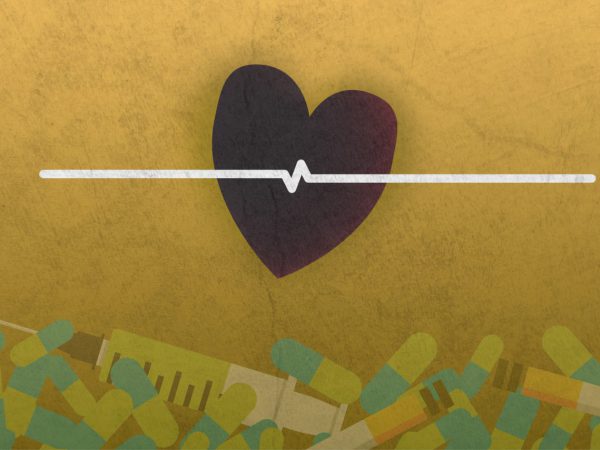Claire Fiddian-Green is the President & CEO of the Richard M. Fairbanks Foundation.
COVID-19 and the global response to address the spread of the disease have impacted people everywhere. Hundreds of thousands have become ill and, as of March 23, the number of deaths exceeds 16,000. Unfortunately, we know these figures will only increase over the coming weeks and more lives will be lost to the disease. In addition, the economic consequences of COVID-19 are already severe and will continue to worsen. As people hunker down at home and businesses slow down or close, The Wall Street Journal projected that applications for unemployment benefits in the U.S. could exceed 2 million by next week. The country will lose trillions of dollars in economic output, and trillions of dollars in government debt will be necessary to help Americans weather the effects of this public health and economic tsunami.
It may be too soon to be searching for silver linings, however, two consequences of the seismic changes that the novel coronavirus has wrought in all of our lives are worth noting.
First, regulations are relaxing as health systems, corporations, schools, and the public sector – along with every other organization – adapt to the need for social distancing through remote learning and working. We will soon know whether these regulations provided necessary safeguards for people or whether they were a stranglehold on innovation that we will discover we can no longer abide.
Take telehealth, for example. Until a week ago, Medicare telehealth coverage was fairly limited, but the Centers for Medicare & Medicaid Services (CMS) has relaxed licensing requirements on an emergency basis and will now reimburse telehealth office visits as well as healthcare services provided by nurse practitioners, licensed clinical social workers, and other providers, in addition to doctors. The convenience of visiting with a medical professional remotely may be so significant that there are widespread calls for making this temporary provision permanent once we move beyond the need for social distancing. Such a change could trigger further innovations in how healthcare is delivered, including in communities that face chronic shortages of nurses and primary care physicians.
Second, as the Greek philosopher Plato wrote, necessity is the mother of invention. As those with COVID-19 symptoms self-isolate and much of the rest of the world works and learns from home via video conference call and instant messaging, innovators will step into the breach to find solutions to the inevitable challenges that will arise. For example, e-learning for children is impossible if their home has no internet service. School officials in South Bend, IN, recently addressed this challenge by turning 20 unused school buses into traveling hotspots, through which students can access WiFi. In addition, the shift to e-learning could have a profound impact on how we think about school staffing models and approaches to teaching in K-12 as well as in higher education.
We are in the midst of a global public health and economic crisis and we aren’t yet out of the woods. The adaptations we will all be forced to make may cause traditional operating models to be disrupted and new solutions to complex challenges to emerge. With hard work and good timing, innovators in every sector could arise to help mitigate the profound and negative consequences of COVID-19.



